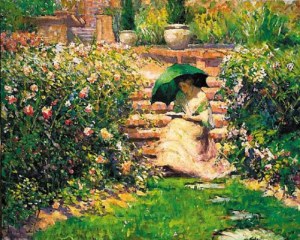Ahh, so many books, so little time. Here are some on my plate, that I plan to get through soon this summer…
1. To Kill a Mockingbird by Harper Lee (I’m more than halfway through this book).
2. Wuthering Heights by Emily Bronte (for school)
3. The Amen Corner by James Baldwin (for school)
4 The Handmaid’s Tale by Margaret Atwood (for school)
5. The Killer Angels by Michael Shaara (Borrowed this from my cousins…a few years back…and it has been sitting in a shelf since. I could never go past the first few chapters, each summer I pick it up, perhaps because it seemed intimidating as a historical fiction book. But things are going to be different this year…I signed up this book for summer reading group at my school during the fall.)
6. The Book Thief by Markus Zusak (The writing style seems new from what I am use to reading. Suggested by the amazing Inkspelt at http://inkspelt.wordpress.com/. Hope that goes well.)
7. Rootless by Chris Howard (shared by the talented rememberingwonderland at http://rememberingwonderland.wordpress.com/)
8. Ravenwood by Andrew Peters (Still in the process of reading this; another book from the talented rememberingwonderland)
9. Night School by C.J. Daugherty (Thanks Figment! Just came in the mail today!)
10. Persuasion by Jane Austen (I read part of this, it’s kind of a dry book but I still want to finish this.)
11. Barrons and Princeton Review Books for the Sat II Biology. I do have to worry about college admissions tests, dear readers.
12. And more e-books patiently sitting in my Kindle and other mobile devices, or waiting to be requested in LitPick. I’ll get to you guys soon! 😀


